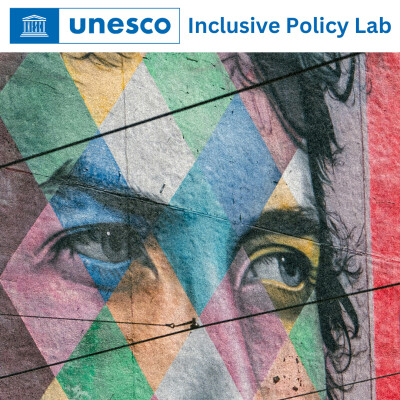Description
Daron Acemoglu, the newly minted Nobel prize laureate in Economics and distinguished Institute Professor at the Massachusetts Institute of Technology (MIT), debunks for us some long-standing assumptions about technology, productivity, and shared prosperity. Benefits do not automatically tickle down from industry to workers. Distributive gains take inclusive institutions and a calibrated approach that creates greater competition, changes the norms in the industry, and deals specifically with market failures via a host of incentives, subsidies, taxes, and regulations. In the case of the tech industry, that starts with a vision that is pro-worker and pro-democratic – the opposite of what Acemoglu characterizes as the current Silicon Valley equilibrium. Finally, we are asked to think very critically about some of the trending policy solutions. Universal basic income is not the silver bullet some see it to be. Data value and its distribution, on the other hand, deserve great attention. Data is going to be as important as land is to production. How do we treat it as such? Find answers in his discussion with Gabriela Ramos, UNESCO’s Assistant Director-General for Social and Human Sciences.
Hosted on Ausha. See ausha.co/privacy-policy for more information.






